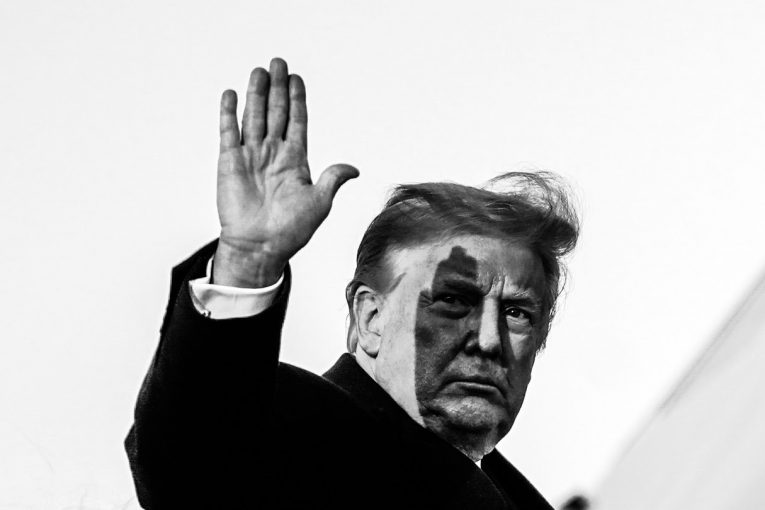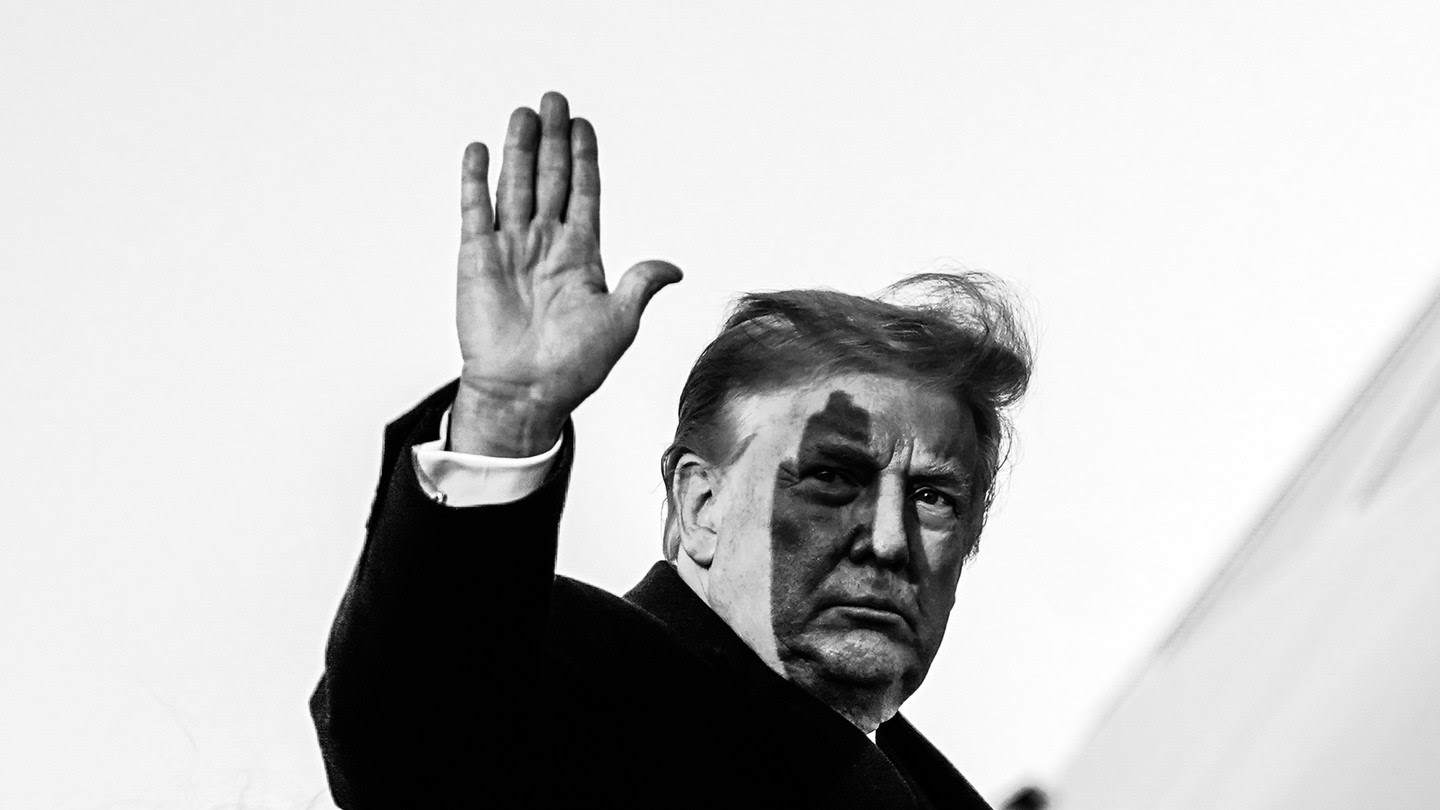

By Jose Orozco
President Trump is soon to leave office, and over the past month, he has begun to issue multiple pardons. Many of them are begging us to ask: Is this a continuation of power abuse? Some have already speculated that Trump’s pardons will, without a doubt, backfire on him.
Notably, Michael Cohen—Trump’s former attorney—recently stated on MSNBC: “Once you get that pardon, you’re no longer able to invoke the Fifth Amendment.”
“All of these people may ultimately be his downfall simply because they’ll be testifying against him.”
Hence, it seems that Trump is placing himself in a precarious position by giving pardons to those who have been accomplices in illegal actions. This would seem like a fitting end.
Currently, attorneys are looking into Trump for evading tax-fraud and for many other criminal cases. The pardons Trump gave to Michael Flynn and Roger Stone, for instance, come from the Mueller investigation. Flynn lied to the FBI and pleaded guilty, while Stone was convicted for obstruction and witness tampering.
But criminal law experts say that this is not the case.
Business Insider reported that Cohen’s attorney Barry Spevack agreed to a point. Pardons might help prosecutors but only to a certain extent. Because pardons do not cover state crimes, they can still “invoke the Fifth Amendment and say they want to avoid state-level prosecution.” State-level charges will be the biggest obstacle then since it is difficult to imagine a case that would be entirely federal.
President Trump could even pardon himself or invoke the 25th Amendment –– making Vice President Pence take his position as president to pardon himself on his last day in office. Such an act would not give an edge to New York state investigations.
Alan Dershowitz, Harvard law professor, and criminal defense lawyer, also agreed with this stance as he told Business Insider, “If there’s anything else that he could be prosecuted for other than what he was pardoned for, he still has the Fifth Amendment.”
The Fifth Amendment is hard to take away in a democracy, especially a right used to protect people from the government. Forced testimony is not an option for these people, whether they are guilty or not.
As fellow citizens, we should be happy to have the fifth, but what a hindrance it is to prosecutors.
However, they can still try to force testimony by striking a deal with the defendant and giving them immunity. Or the court can force a witness to testify by issuing a subpoena.
Therefore, Trump is not out of the waters quite yet. Only time will tell whether he will be found guilty, though. Once he is out of office, investigations will bombard the Trump household until something sticks. But, what kind of implications will that have?
For one, what an embarrassment to have a president put in prison as soon as he leaves office. The irony of having someone who bends the rules as our enforcer of the law is hard to ignore. And that is what worries me. Presidential status might be enough to avoid imprisoning Trump.
His investigations may warrant a need to consider the image of the nation. Imprisoning him would tarnish a country known to globally oppose corrupt leaders. From the outset, the hypocrisy behind the stance of the U.S. is clear because, if found guilty, President Trump may find leniency from this outcome.
It is a difficult position to be a prosecuting attorney when an individual’s image directly influences how people view the nation. Either outcome in the trial leaves the country in a deplorable state.
And no matter the outcome of each case, there is no doubt that we will all experience a bad taste in our mouths in the aftermath. President Trump’s actions will leave a bad image on the nation, where corruption and hypocrisy loom over everyone’s head. By being a president, Trump will most certainly receive special treatment in each case.
And although we can expect thorough investigations, it seems unlikely that the law will severely prosecute President Trump with the highest penalty for his actions. However, if his actions do warrant it, let us hope that he is treated as any other person would be under similar circumstances. Because, even if the culpability outcomes are similar, a more severe take on his tax fraud and criminal cases will be a more acceptable stance. There is an expectation that such people of power are held to a much higher standard.
Jose Orozco is a fourth-year student majoring in English at UC Davis. He is from the San Joaquin area.
Support our work – to become a sustaining at $5 – $10- $25 per month hit the link:
